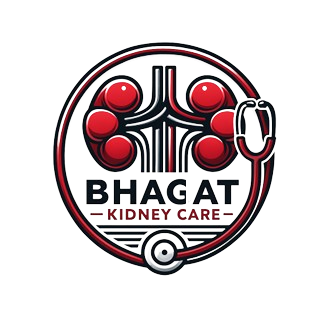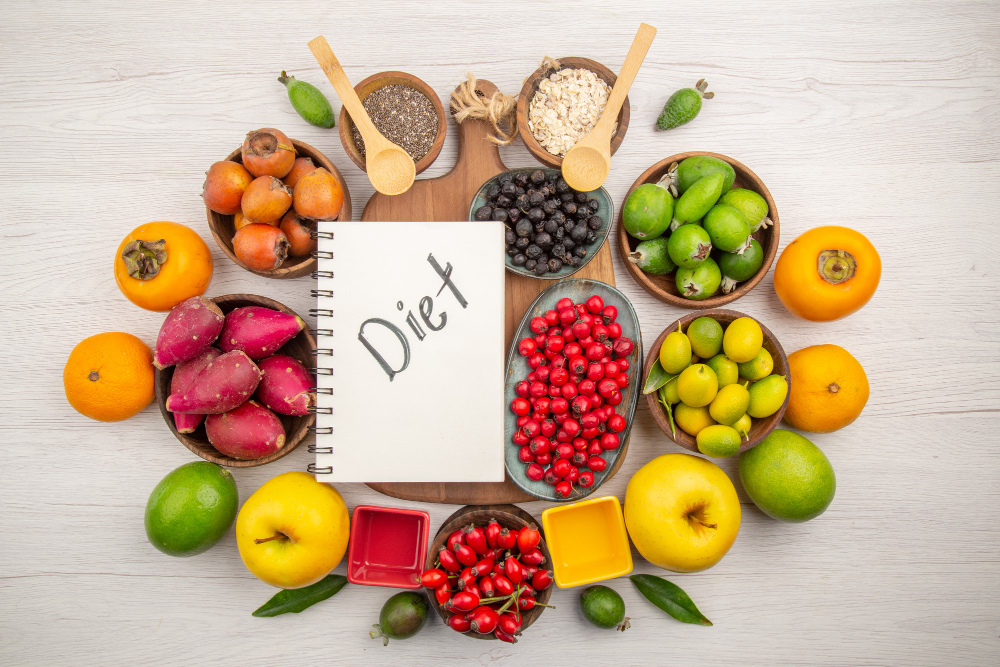What is Chronic Kidney Disease?
Chronic kidney disease, or CKD, means your kidneys are not working as well as they should. Over time, this condition can get worse. Because your kidneys help remove waste and extra fluid from your body, CKD can cause waste to build up. This may lead to other health problems. According to the CDC, millions of people live with CKD worldwide.
Why Diet Matters in Chronic Kidney Disease
Diet plays a big role in managing CKD. When your kidneys are weak, they cannot filter certain foods and minerals well. Therefore, making the right dietary changes for chronic kidney disease can help slow down the damage. Also, a good diet can help you feel better and lower your risk of other health issues.
Key Dietary Changes for CKD Patients
With CKD, you may need to change what you eat and drink. Here are some practical CKD nutrition tips:
Foods to Limit or Avoid
Some foods can make CKD worse. For example, you should limit or avoid:
Instead, try to pick fresh foods when possible. This can help you control your salt and mineral intake.
Recommended Foods and Nutrients
Even with CKD, you can enjoy many tasty foods. Here are some good choices for kidney health:
Always check with your doctor or dietitian before making big changes. They can help you find the right balance for your needs.
Sample Meal Ideas
Planning meals can feel hard at first. However, with a few ideas, you can eat well and protect your kidneys. Here are some simple meal ideas:
Remember, portion size matters. Eating smaller meals more often can help you manage your nutrition better.
Tips for Managing Diet and Lifestyle
Living with CKD means making some changes. But, these tips can make it easier:
With small steps, you can build healthy habits that last.
When to Consult a Healthcare Professional
Although diet can help manage CKD, it is important to talk to a healthcare professional. If you notice swelling, changes in urine, or feel very tired, seek help. Also, a registered dietitian can give you a personalized chronic kidney disease diet plan. They will consider your stage of CKD, other health issues, and your lifestyle.
In summary, making the right dietary changes for chronic kidney disease can protect your kidneys and improve your quality of life. For the best results, consult a healthcare professional or registered dietitian for personalized dietary advice.

